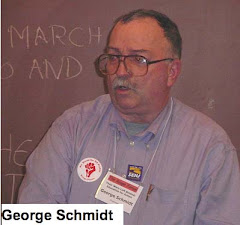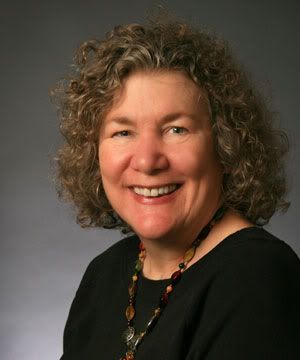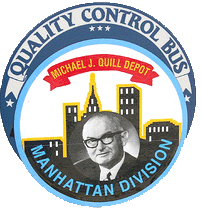.....Out of the darkness of the sweatshop these poems exist. Although spirituality and workers consciousness are not often juxtaposed, I want to recognize the interplay of secular and religious literary tropes as evidence of a secular spirituality calling for economic justice. Consider the element of ritual in these poems. This fire poetry calls to the reader as the events called to the writers to engage in a ceremony of mourning, remembrance and continued struggle. I imagine these poets--however diasporically situated--as conveying a women's minyan--individual voices coming together to engage in a ceremony of definition.19 Each poem is a kind of midrash on the event, a commentary on and dialogue with other voices across time. These poets do not attempt to compensate for the fire, or replicate the event. They take on the burden of mourning and memory, and the poems become a kind of Kaddish, a secular prayer evoked out of class and gender memory, and of shared knowledge of the dangers of unprivileged work. The poems are a symbolic action and a public utterance by the survivors, all the symbolic daughters of the Triangle workers. Their poetry is not a praisesong to death or to God, but a way to use language (replete with religious allusions) as a force against historical oblivion. Mary Fell begins her beautiful nine part fire poem with: "Havdallah"This is the great divide
by which God split
the world:
on the sabbath side
he granted rest,
eternal toiling
on the workday side.
But even one
revolution of the world
is an empty promise
where bosses
where bills to pay
respect no heavenly bargains.
Until each day is ours
let us pour
darkness in a dish
and set it on fire,
bless those who labor
as we pray, praise God
his holy name,
strike for the rest.
about Mary Fell
Mary Fell (born September 22, 1947 Worcester, Massachusetts) is an American poet and academic.She currently teaches at Indiana University
The city of Worcester has always had its fingers in all areas of the arts and literature. It has been the home and the resting place of many great writers and poets. When most think of the poets in Worcester, names like Kunitz, Bishop, or Olson surface, but what has kept that fire alive has been the less known, less published poets of this generation. Mary Fell was born in and grew up in Worcester, and she is one of these poets.
Fell was born to Elizabeth “Betty” and Paul Fell in Worcester City Hospital on September 22, 1947. Betty had come from Fairhaven, Massachusetts to Worcester during the Great Depression in order to find work. Once there she met and married Paul, an Irish American “Worcester kid.” Paul worked as a custodian in Worcester, was on the city Retirement Board, and had become chairman by the time he passed away.
Fell grew up mostly in Main South Worcester with her older brother Paul. She attended Downing Street School for kindergarten, and then went to St. Peter’s through high school. Though their mother was a Protestant she sent her children to St. Peter’s because at the time children had to come home for lunch at Downing St., but St. Peter’s allowed them to bring their lunch. This was important because her mother needed to work and couldn’t be home for the children at lunchtime.
Fell spent most of her childhood days in Main South at the St. Peter’s School and church and in the local landmarks like the Park Theater, Coes Pond, Beaver Brook, and Crystal Park. Because they never owned a car, any family excursions were taken on the bus. She remembers downtown Worcester being magical with ice skating in Elm Park, and the Charity Circus at the Auditorium. .......After high school Fell attended Worcester State College and majored in English. Throughout most of her childhood the children she encountered were just like her “second or third generation Americans who were rarely ethnically diluted by more than half – Irish or Polish or Italian.” It wasn’t until she attended college that she was introduced to many of the other ethnicities and people of the world. College in the 1960s meant the anti-war movement, free speech, civil rights, and feminism. These were all accepted as part of daily life.
It was in college that Fell began writing poetry. She studied, loved and tried to write it. However, she felt that it wasn’t possible for someone like her to write poetry. It wasn’t until the Women’s Movement in the 1970s that she realized that she could write poetry about the things she wanted to write about: mostly, the life and people she had grown up with. This movement made Worcester a great place for a budding poet in the 70s. The Worcester County Poetry Association brought many of Fell’s heroes to Worcester for readings. Poets like Adrienne Rich, Denise Levertov, Ann Sexton, Muriel Rukeyser, Robert Bly, Michael Harper, Galway Kinnell all came to Worcester during this time....































0 Comments:
Post a Comment